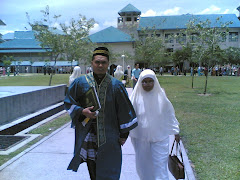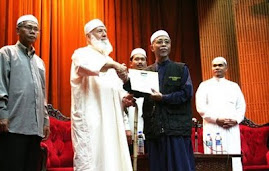Introduction
Nationalism is one of the most contested concepts in the social sciences. Definitions abound, ranging from nationalism as patriotism to nationalism as national identity to nationalism as a form of ‘chauvinism’ (extreme nationalism). Many theories of nationalism were developed as there were numerous definitions and views upon this subjective notion. Nation means a body of people who possesses the consciousness of a common identity, giving them distinctiveness from other people. This consciousness will be based upon common historical experiences, and other shared features such as geographical location, and a common culture including a literature and a language. It is therefore, nationalism is defines as an ideology promoting nationhood, a strong sense of collective identity and solidarity among a wide population (a so called “nation”) on the basis of their common language, culture, heritage religion or citizenship in a state. As the political belief, in addition, it means certain group of people represents a natural community of a nation which they live under one political structure or government, independent and sovereign. It is important to distinguish between two types of nationalism which are sometimes called ‘civic nationalism’ and ‘ethnic nationalism’.
Civic nationalism is a sense of belonging to a common nation. It is defined by citizenship in the same national state. Ethnic nationalism on the other hand, is a kind of loyalty based on membership in a common ethnic community. It limits itself to the members’ loyalty to one particular subset of the citizens among whom they live. In both types of nationalism, conflicts emerge because people identify themselves with their ‘nation’, whether they are confining to national state or ethnic group. I strongly believe whatever form nationalism is, it proposes nation destroying rather than nation building.
In fact, views asserting that nationalism encompasses mare benefits to the development of a nation should be declared null and void.
This essay is divided into six essential parts. They are;
Firstly, it discusses numerous definitions given by scholars are examined and discussed. It includes the writer’s stand towards the chosen topic. It also comprises the meaning of nation. Various definitions are put forward to ensure that basic meanings are well comprehended.
Secondly, it focuses on the origin of nationalism, its development character, and its implications to the world in the late twentieth century.
Thirdly, it suggests three main arguments with each argument earn three supporting points. In making the discussion more relevant, specific examples are put onward. The three main arguments cover socio-economic inequality, the possible growth of extreme nationalists and the division of people on the basis of racial or national identity. This section in short identifies the problems of nationalism.
Fourthly, the fundamental arguments which support the idea of nationalism are lift up and in turn points of view with specific examples are put forward to refute those arguments.
Fifthly, as a Muslim, Islamic point of view on nationalism is unforgettable. It denotes several essential points principally drawn from the Qur'an and the Sunnah.
The sixth and the last clarifies conclusion of this essay and suggest for further study on this present and crucial issue.
Subscribe to:
Posts (Atom)
.jpg)
